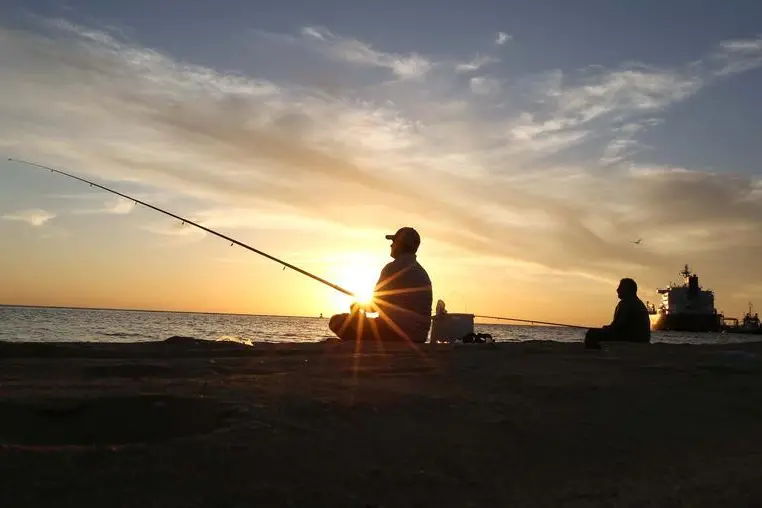PHOTO
Rome: The Kingdom of Saudi Arabia has reviewed its efforts to enhance and develop the fisheries sector during its two-year presidency of the 36th session of the Committee on Fisheries (COFI36) of the UN Food and Agriculture Organization (FAO).
This review occurred at the conclusion of the COFI36 session, which took place in Rome, Italy. The session was chaired by the Kingdom's Permanent Representative at FAO, Dr. Mohammed Al-Ghamdi. It included over 19 ministers from various countries and more than 300 officials and delegates of FAO member states.
The Director-General of the FAO, Qu Dongyu, commended the Kingdom's significant role during its presidency of COFI36 and its support for the efforts to enhance the fisheries sector's sustainability.
Dr. Al-Ghamdi highlighted the Kingdom's exceptional role during its presidency, emphasizing its leading and unifying international efforts to develop the fisheries sector. He noted that the committee's work spanned two phases, focusing on implementing the outcomes and recommendations of the previous committee (35) in the first phase, developing the performance of member states, and achieving its goals in the second phase.
The committee held ten main meetings and six sub-meetings, including two sub-committees: one for fisheries and the other for aquaculture. The committee's work concluded with an emphasis on the importance of applying the code of rational conduct in fisheries and promoting the growth of aquaculture, along with supporting cooperation with the World Trade Organization and other international organizations related to the fishing and fisheries sector.
The Kingdom was represented in the COFI36 meetings by the Undersecretary of the Ministry of Environment, Water, and Agriculture for Fisheries and Livestock Wealth, Dr. Ali Al-Shaikhi. After the session's conclusion on July 11 of this year, the Kingdom will transfer the Committee on Fisheries file to New Zealand until a new president for the next session (COFI37) is elected.
During the COFI36 meetings, the focus was on the vital role of fisheries and aquaculture in addressing food insecurity, malnutrition, and poverty, emphasizing their ability to alleviate hunger, promote sustainable growth, and reverse environmental degradation.





















